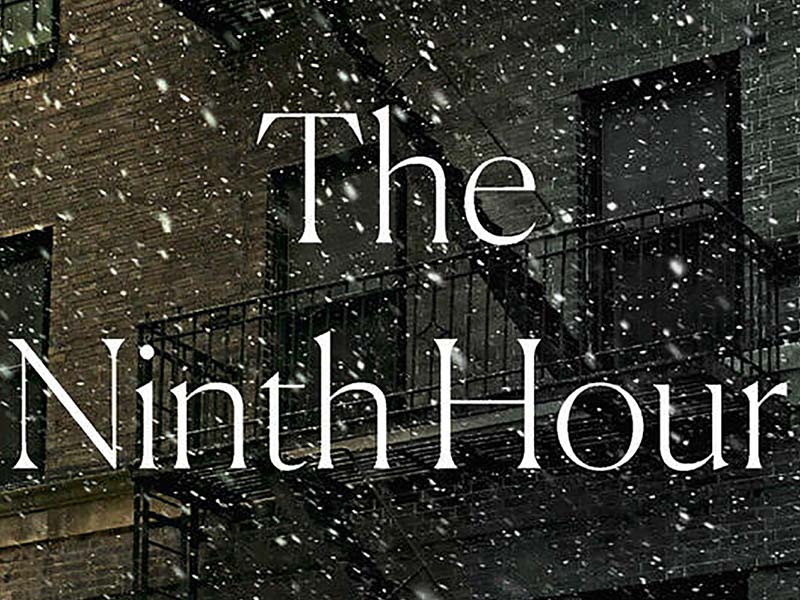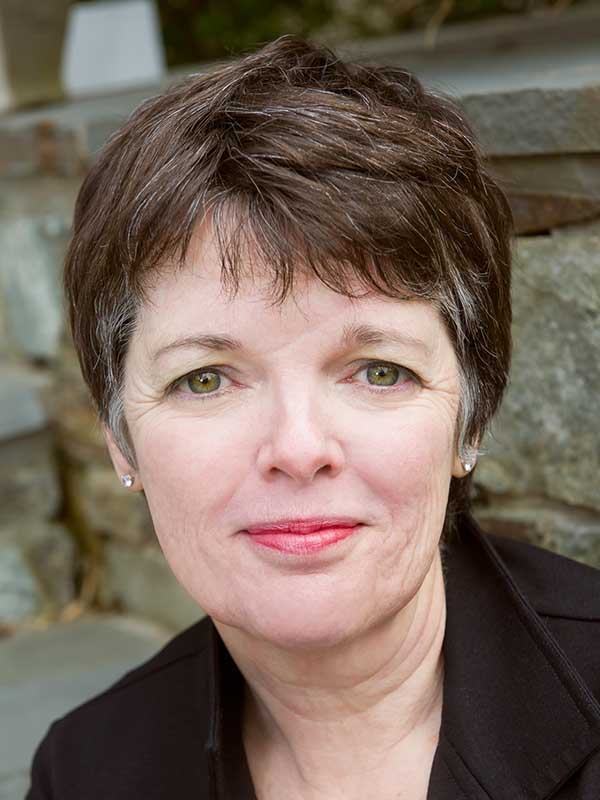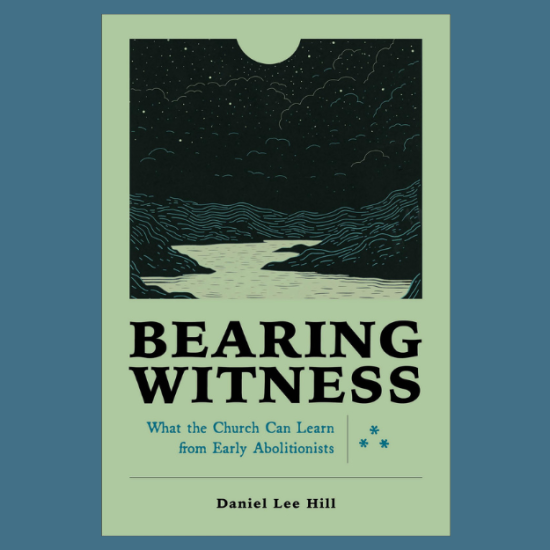(RNS) “There is a hunger …”
That declaration, uttered by an old, crippled nun who has scrubbed away her life and her vocation in a convent’s basement laundry, sums up “The Ninth Hour,” the newest novel by National Book Award-winning author Alice McDermott.
The book tells the story of a fictional order in early 20th-century Brooklyn, N.Y., and the sick and poor it serves.
 And while McDermott’s novels are often concerned with Irish Catholics in her native Brooklyn, this book — her eighth — is her most specifically religious. In it, McDermott offers rich, nuanced portraits of women who have given their lives to the service of others, often at great cost and compromise.
And while McDermott’s novels are often concerned with Irish Catholics in her native Brooklyn, this book — her eighth — is her most specifically religious. In it, McDermott offers rich, nuanced portraits of women who have given their lives to the service of others, often at great cost and compromise.
“A woman’s life is a blood sacrifice,” one of the nuns, Sister Lucy, says, foreshadowing the price each character pays in some way by the novel’s end.
“I was very determined, once I realized there were going to be nuns in this book, that I would make them individuals,” McDermott said in a phone interview during a break from an East Coast book tour. “I was aware, maybe with good reason, that we think of nuns as either monsters or clowns or with something foolish about them, something terrifying about them. But I really had to see them as complex individuals.”
Mission accomplished. There is Sister Illuminata, the laundress, whose vocation is cut short by illness; Sister Lucy, who thought her vows would bring her a life of contemplation but who finds herself eternally dealing with disease, filth and cruelty; and Sister Jeanne, whose vocation seems the purest even as she makes a decision that may damn her forever.
Their faith is lived out not inside the walls of the parish church or in its rites and rituals — which McDermott does not address — but within their work and their sharp, constantly ticking minds.
“It would be a different Church if I were running it,” says Sister St. Savior, the most memorable of the nuns, whose many disappointments have taught her to manipulate a world that overlooks women, their work, their needs and their God.
Reviews have been almost ecstatic. Writing in The New York Times Book Review, the novelist Mary Gordon said, “Alice McDermott has taken the risk of writing about nuns, and the risk has been more than worth it. Known and admired for her portrayal of Irish-American family life, she has now extended her range and deepened it, allowing for more darkness, more generous lashings of the spiritual.”
 Alice McDermott, Photo by Epic Photography, 2013Much of the “lashings of the spiritual” center around the nuns’ different back stories, especially how they came to discover their vocation, the genuineness of which is a central concern of the novel. McDermott did not base the characters on nuns she knew as a Catholic schoolgirl, but let them evolve out of their names, both of their order and of those they gave themselves upon entering it.
Alice McDermott, Photo by Epic Photography, 2013Much of the “lashings of the spiritual” center around the nuns’ different back stories, especially how they came to discover their vocation, the genuineness of which is a central concern of the novel. McDermott did not base the characters on nuns she knew as a Catholic schoolgirl, but let them evolve out of their names, both of their order and of those they gave themselves upon entering it.
“These religious orders of women are quite lyrical in the naming of themselves,” she said, ticking off real orders like the Little Sisters of the Poor, the Daughters of Charity, the Handmaids of the Holy Child.
“There is a tremendous humility, a willingness to erase the individual personality, but in the same phrase there is this ambition and hubris enough to say ‘We are going to go out there and help the poor, eliminate suffering.’”
The names, McDermott said, show “a faith in the unseen along with this ambition to fix what can be seen.”
In this novel, much of what is seen is terrible suffering. McDermott is graphic and brutal in describing the failings of the body — the sores and the ooze and the stink of the sickroom and the body are on almost every page. That, too, highlights the religious nature of the story.
“To be human is to suffer,” McDermott said. “We are kidding ourselves, as Sister Lucy says, to believe we can alleviate all human suffering. There will be loss because we are mortal. It is a delusion to think otherwise. The one thing I think that often distinguishes people of faith is their inclination to say that even if I am fortunate, even if I am not suffering, I see that others suffer, and if others are suffering, then I suffer with them.”
When McDermott began her writing career, she felt interviewers’ disdain when she mentioned she is a practicing Catholic (“Though not a very good one,” she says). But that began to change with the publication of her last novel, 2013’s “Someone,” and has continued with “The Ninth Hour.”
“Recently I’ve found that the discussion of Catholicism is more welcome than it was just a few years ago,” she said. “I think there is — a hunger is too strong a word — but a kind of peaked interest in talking about what we could define as religious things — faith, human suffering and how we confront it. I am hearing a much more emotional reaction from readers when talking about matters of faith, and I see that as a kind of thirst for a conversation about things of the spirit.”
Part of this she attributes to the popularity and openness of Pope Francis, and part of it may be related to disillusionment with organized religion, but not with faith itself.
“Maybe there is a loss of community, maybe we are finding it difficult to find places to gather and talk about how do we live, how do we be better, how do we confront the big issues of suffering and faith and mortality?” she said.
“Outside of a religious context it is hard to have those conversations. If there is one thing that organized religion provides it’s a place and an incentive to say, ‘Consider this. Consider who we are and what it means to be human.’”
McDermott will continue to consider, too. Her next novel — whatever it may be —will probably also include themes about faith. “It is in my DNA,” she said.






